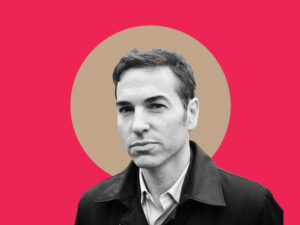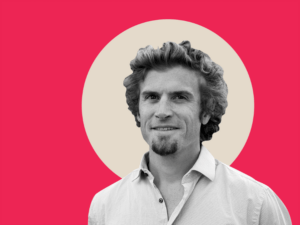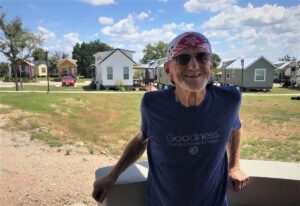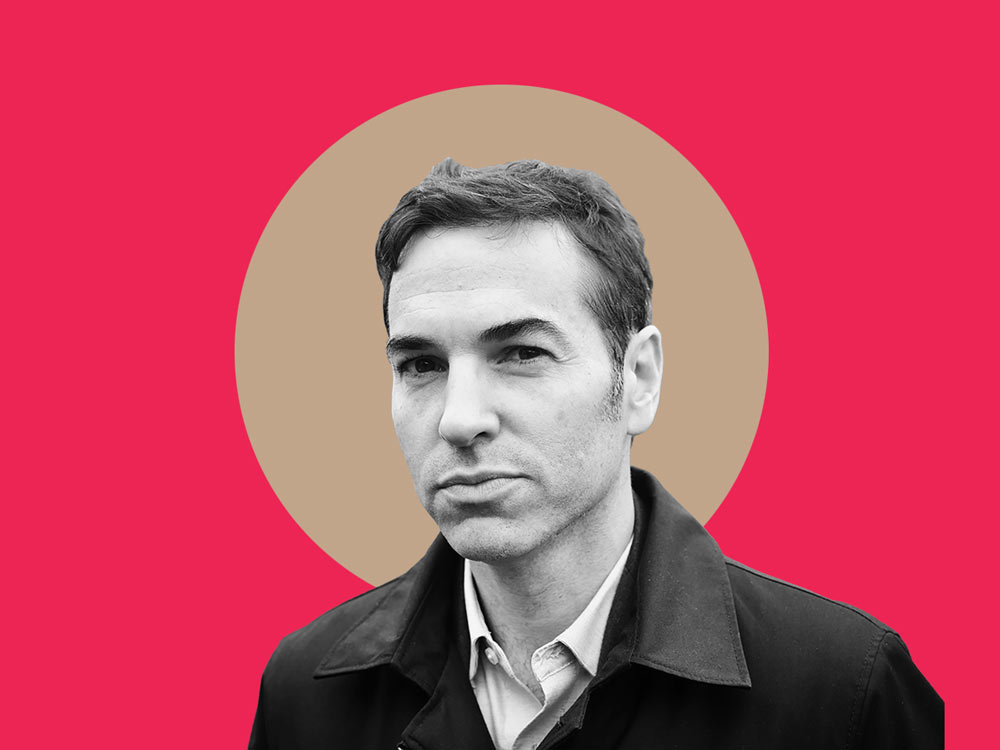


“I never was good at asking for help,” Chiquita Paschal admits. But, after she fractured her fibula while on a Memorial Day trip, she struggled as the financial pressures began to add up. A friend finally talked her into setting up a GoFundMe campaign. “It brought to light this very uncomfortable truth for me which is that, on paper, my life looks great.” she explains. The 30-year-old media producer lives in Brooklyn, NY., and helped win a Peabody award this year. “It’s not within my narrative to also be like, I’m poor, and I’m struggling, and this is hard.”
Like Paschal, one in three people who set up GoFundMe campaigns, are raising money for their personal medical expenses. In the last year alone, GoFundMe hosted a quarter of a million medical campaigns, bringing in $650 million. It’s something that Nora Kenworthy and Lauren Berliner, both assistant professors at the University of Washington Bothell, have studied. Together, they randomly reviewed 200 GoFundMe medical campaigns from 2016 and found that just ten percent of the campaigns they evaluated reached their fundraising goals. “Crowdfunding creates a kind of individualized marketplace where everyone gets to individually choose who they do or do not believe, and who they do or do not think is deserving of assistance,” Kenworthy says. “And that introduces a ton of room for bias and discrimination.”
In this podcast, we dig into why some campaigns go viral and meet their goals, while others fail. We question what the reliance on these campaigns says about inequities in America’s healthcare system. And Paschal emotionally navigates us through her anxieties about asking for help, and being responsible for other family members. “I really do understand the despair that comes when your life circumstances and your society won’t allow you to get the healing that you need,” she says. “As much as the medicine and the medical system is healing my family, it is also stressing them out. And I know we are not the only ones.”
We also requested an interview with GoFundMe but they declined, saying they were too busy. We have invited them for an interview in January. In the meantime, a spokesperson sent a written statement, which reads:
Every day on GoFundMe, we see the challenges Americans face with the rising costs of a broken health care system. Their stories are often heartbreaking, and we strive to be a place where people in need can find help and support.
Despite the progress made with the Affordable Care Act, there are ever-widening gaps in coverage for treatment, prescriptions, and related health care costs, even for patients with insurance. GoFundMe aims to a be a resource for anyone who finds themselves needing help because there is not adequate assistance. These needs can range from lost income and transportation costs to clinical trials and new therapies.
Sign up for our free newsletters
Subscribe to NPQ's newsletters to have our top stories delivered directly to your inbox.
By signing up, you agree to our privacy policy and terms of use, and to receive messages from NPQ and our partners.
That said, GoFundMe is an open platform and ultimately it is up to the GoFundMe community to decide which campaigns to donate to. We always encourage people to fully research whatever it is they are raising money for and to be absolutely transparent on their GoFundMe page, so donors can make an informed decision on what they’re donating to. Our role is to provide people with social fundraising tools to raise money for their cause or need.
While GoFundMe can provide timely, critical help to people facing health care crisis, we do not aim to be a substitute social safety net. A crowdfunding platform can not and should not be a solution to complex, systemic problems that must be solved with meaningful public policy. We believe that affordable access to comprehensive health care is a right, and action must be taken at the local, state, and federal levels of government to make this a reality for all Americans. But in the meantime, we will continue to work hard to provide a place where Americans can help one another during times of need.
Additional Resources:
Berliner and Kenworthy’s Study: Producing a worthy illness: Personal crowdfunding amidst financial crisis
MPR News: Go fund my doctor bills: Americans ask for help paying for health care
Chicago Tribune: Medical GoFundMe campaigns are a symptom of a sick health insurance system
The Outline: The People GoFundMe Leaves Behind
On Twitter: Kenworthy, Berliner and Paschal
Featured Image: Chiquita Paschal










